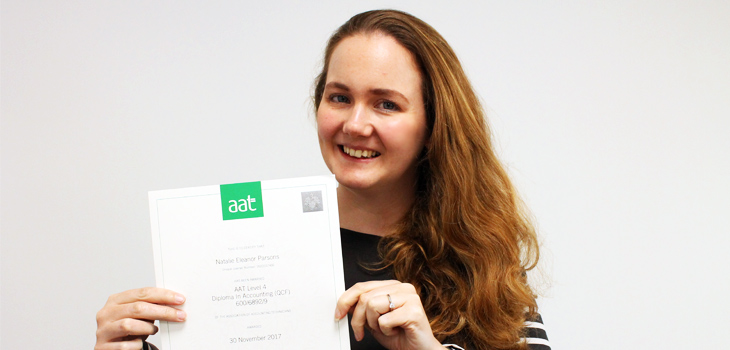 Stephanie Hawker joined Webrecruit’s Account Management team in February 2017 and has worked on high volume recruitment projects for some of our largest clients.
Stephanie Hawker joined Webrecruit’s Account Management team in February 2017 and has worked on high volume recruitment projects for some of our largest clients.
Nobody likes them, but we all have to do them, and actually: they are incredibly helpful when it comes to making decisions about which candidates to progress in an application process.
Anyone can write anything on a piece of paper or an application form, but it is only when you get the opportunity to delve into the subject a bit more that you can find out why that candidate wants to leave their current role, or why they left their previous position after only three days.
This isn’t to say telephone interviews only uncover the negative things – you very quickly learn who is passionate about the position being advertised, and who is passively applying for anything that they can. Enthusiasm and interest are key (providing it is genuine and you can keep it up at least until your face-to-face interview, should you get one!), and knowing what you are applying for and why will very quickly set you apart from the candidates before you.
Nevertheless, now being in the thick of my fourth high-volume recruitment project for Webrecruit, I’ve come across many-a-character, and these are the four things that I would suggest remembering during your moment in the limelight.
1. DO answer the question you’re being asked
Don’t just pass off one semi-relevant remark, then start telling your interviewer how many gold stars you achieved last quarter. Those things are important too, don’t get me wrong, but the fact that you have applied for a new role means you’re moving forwards rather than backwards, and that’s where your focus should be.
2. DON’T interrupt your interviewer too much
We appreciate that you’re excited and forgot to mention your prowess in the company cake-eating competition last week, but trust that the person conducting the call will get to that in good time. If they don’t, then seize the opportunity to tell them about it when they ask you a similar/more relevant question, or give you a chance to share anything else you might like to share.
3. DO be honest about your intentions and expectations
It really will make life easier for everyone in the long run. If the salary is a little lower than what you’re looking for, say that – but then explain why you’re willing to sacrifice the difference for your interest in the role (only if this is the case, though).
If you don’t have experience in a particular area, say that! As your main channel of communication with the employer, it’d be far better to give the interviewer as much correct information as possible now, instead of being picked up on an anomaly later on with your tail between your legs.
4. DON’T take the call in a noisy place
First and foremost, background noise is incredibly distracting (and annoying!) Noises, such as music, traffic or chattering people, will not only be distracting to your interviewer but also to you as a candidate. While a telephone interview may, at times, seem like a rather informal stage of the interview process, it is still a part of the interview process and you should treat it as such.
If someone has taken the time to book in a call with you, be courteous and ensure that you’re in a quiet place, where you can be sure to organise your thoughts and give the interviewer your full attention.
This list isn’t exhaustive, and please don’t think that if you slip up in one of these areas, your application will be immediately discontinued. Different interviewers approach conversations in different ways, so it is important to answer all the questions they have, and make sure you’ve got all your points across.
In many cases, a telephone interview is the initial contact that the employer/recruiter will make having received your application. Considering they’ve picked the phone up to you in the first place, it is quite likely that you have matched the criteria for the position to a certain extent, and this conversation will give you the chance to show yourself off as a person and a communicator, not just someone who can write a killer CV.
Just remember that the interviewer on the other end of the line is still a person too, and has likely been in your shoes on more than one occasion. Try to stay calm, ask any questions that you might have about the role, and even try to enjoy yourself a little bit as well.





